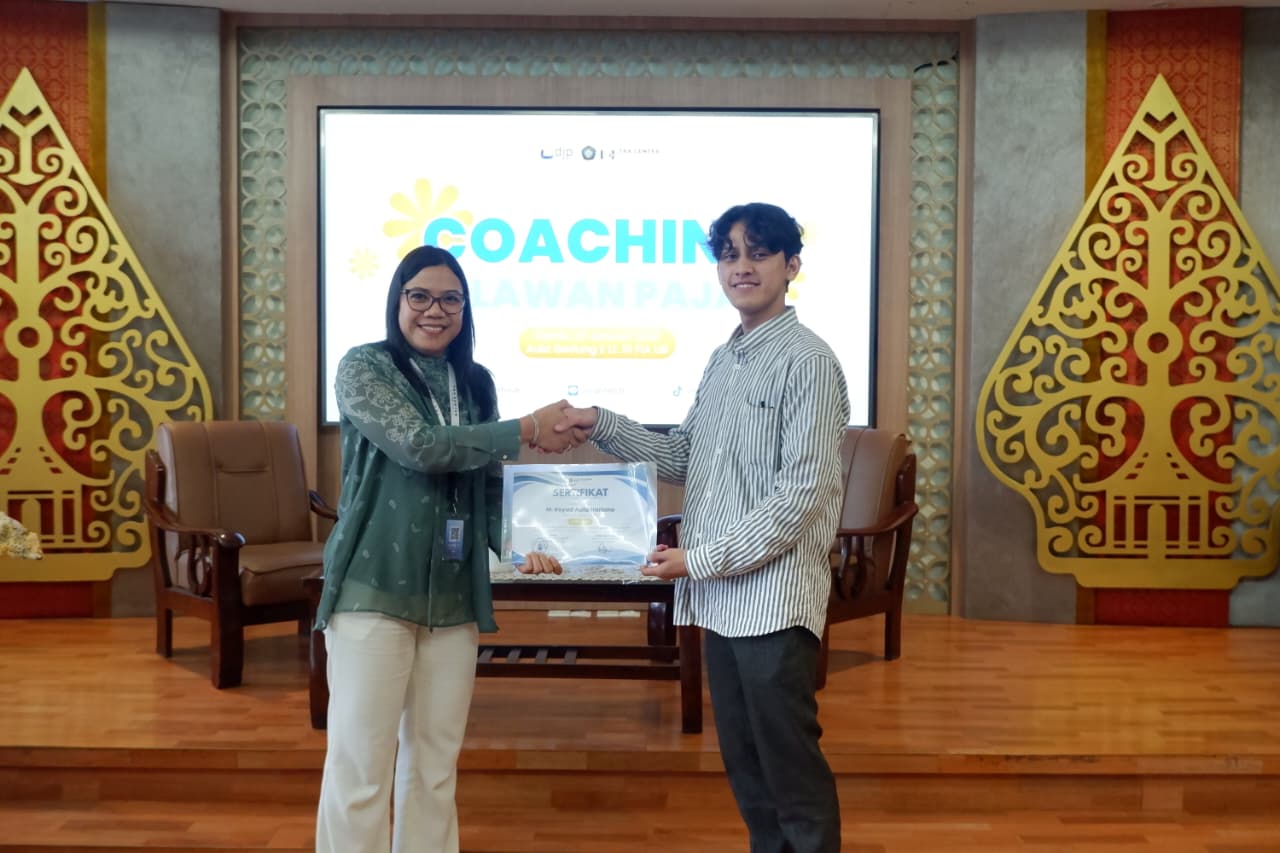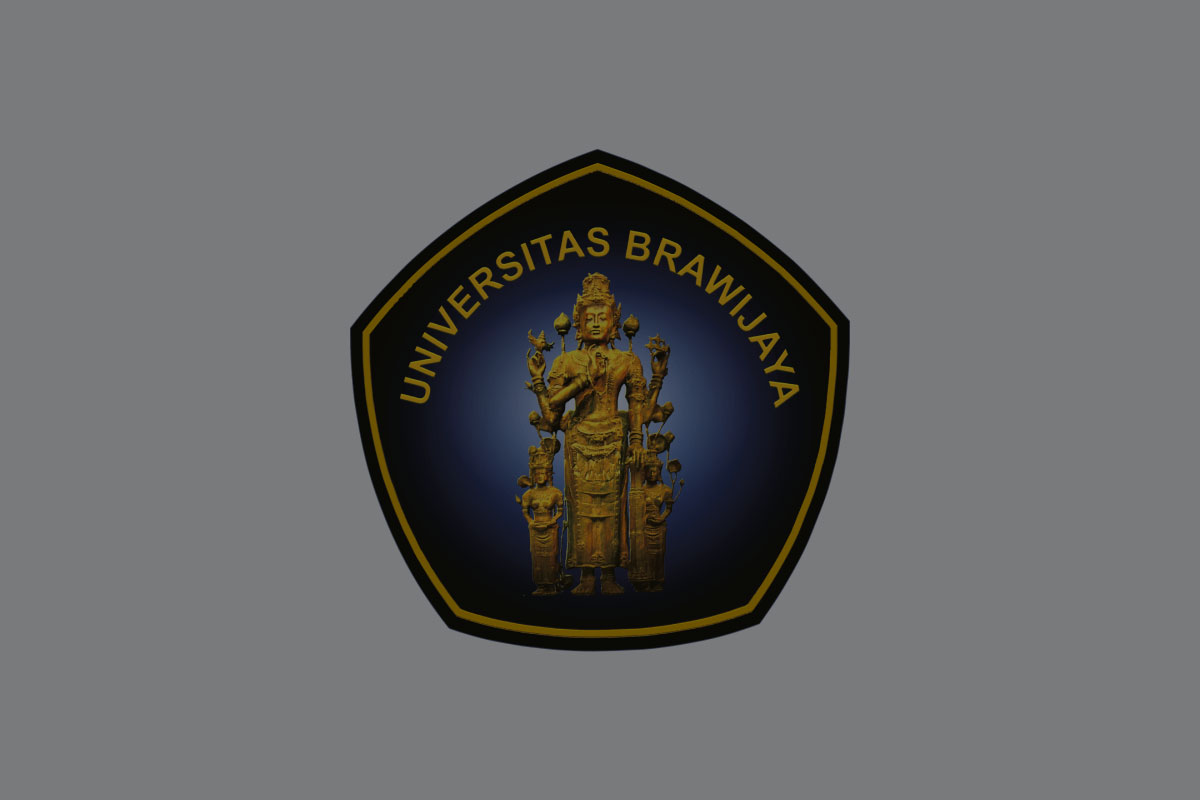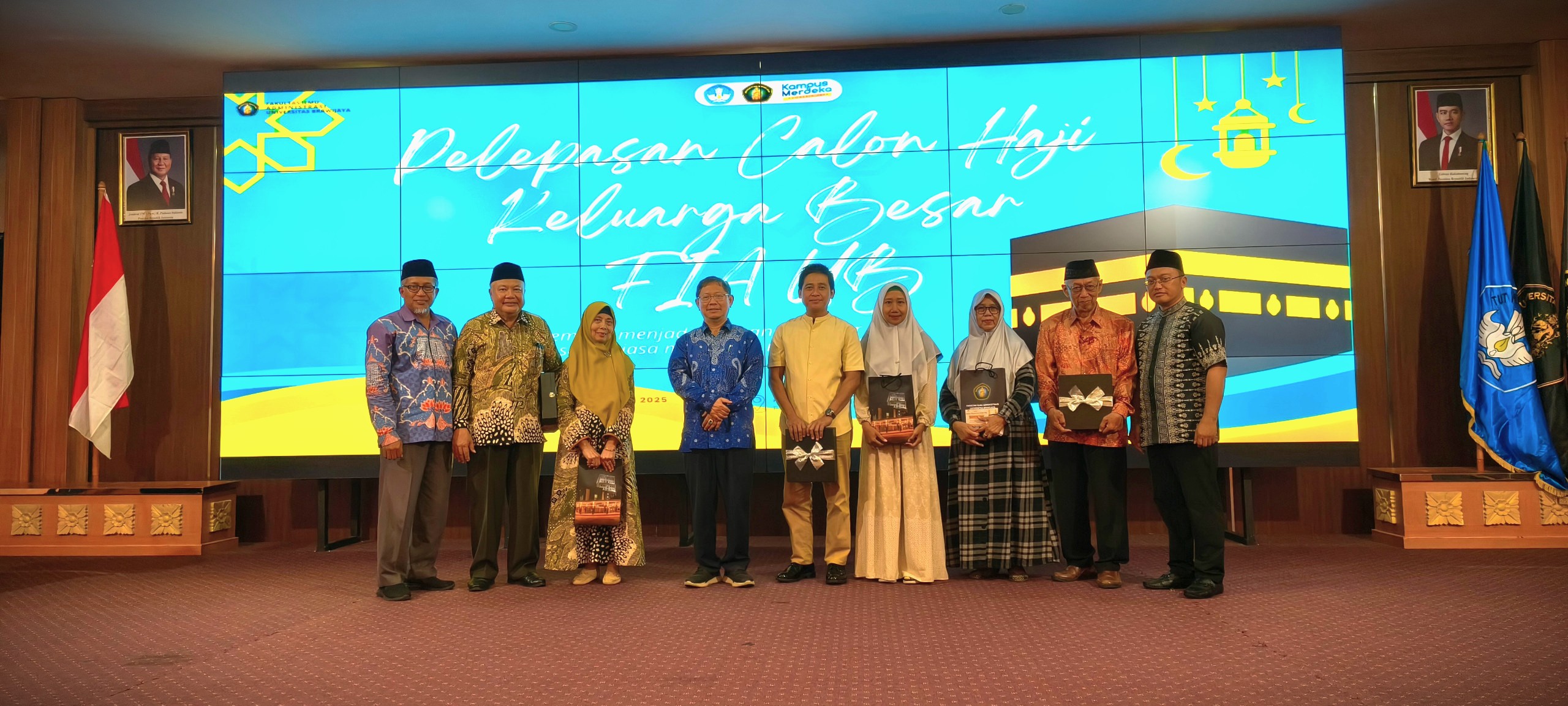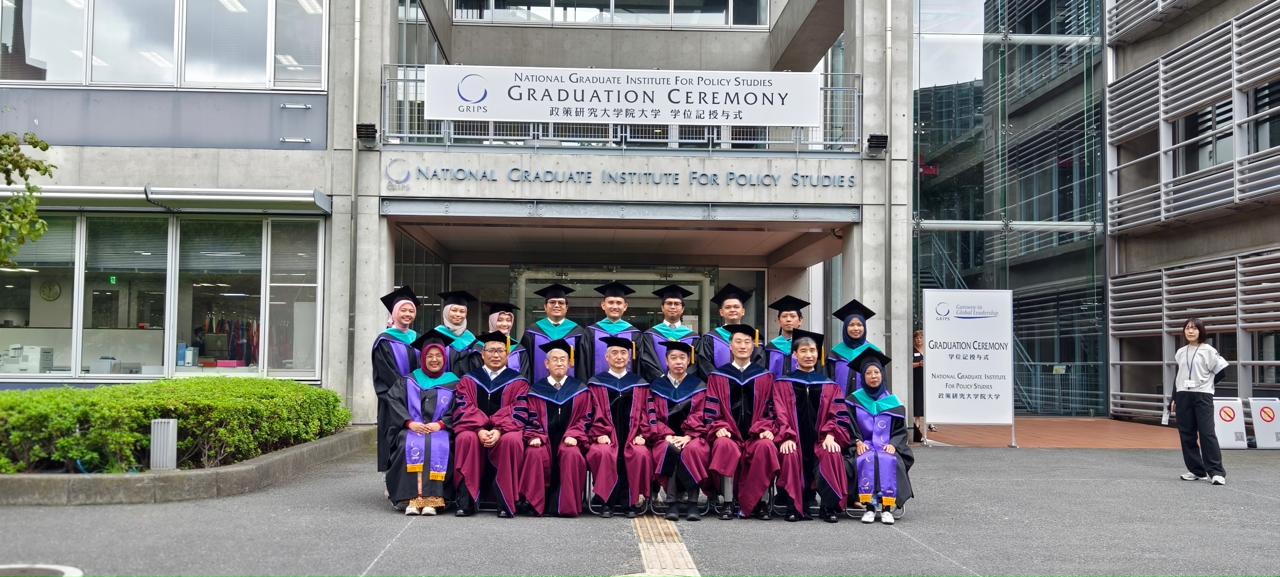The Laboratory of Politics and Governance of Administration Faculty of Brawijaya University held a National Academic Workshop discussing a controversial issue in the national politics, which is Law no. 22 of 2014 about the Election of Governor, Regent, and Major in the last Monday (12/1). The laboratory running under the Department of Public Administration invited the competent figures for this issue, which are Abdul Hakim Naja (Head of Standing Committee of Regional Election Bill in People’s Representative Council in Republic of Indonesia), Haryadi (Lecturer in Faculty of Social and Politics of Airlangga University), and M. R. Khairul Muluk (Governance Administration Expert).
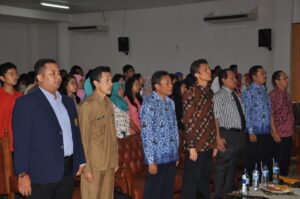
According to Prof. Bambang Supriyono, Dean of FIA UB, this event was very interesting and beneficial for the students and anyone who was following the development of Local-Head Election (Pilkada). Although the students of Administration Faculty were taught to enter the managerial approach, they still ought to know the legal approach and the controversy of that system in order to create a just and prosperous nation. “That’s why we expect a clear explanation about what is the best thing to do that fit the essence of from the society, for the society, and by the society,” he said.
In the event that was moderated by Dr. Luqman Hakim, head of Governmental Administration Program, Haryadi explained more about the advantages of direct election rather than indirect election. According to him, who also joined the Transitional Team of Jokowi-JK Governance, direct election more likely fits the fundament of democracy itself, which is the participation of the society to choose their leader. Meanwhile, Abdul Hakim Naja explained about the journey of election and promotion in Indonesia since the era of Old Order. According to him as the member of PAN Fraction, indirect election is not a violation of constitution. In fact in 1957, President Soekarno once revoked the law that control direct election and replace it with election by the people’s representation in People’s Representative Council.
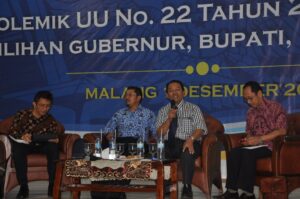
In the next session, M.R. Khairul Muluk expressed that direct election has some disadvantages, one of which is inefficient cost. From his observation, 10%-20% of local government budget only used for local-head election. In fact in East Java, the last Governmental Election spent almost 1 billion rupiahs. Moreover, the local elite patronage is still strong, which is the absolute support from both local and national elite that was followed with “ijon” or “compensation” of local developmental project if one of the candidates won. What comes after, the voters are still considered as pragmatic, so that the direct election needs a strong middle class. “I used to support direct election, but after observing the latest development, the application needs further evaluation,” added the man who served as the Vice Dean in The Academic Field of Administration Faculty of Brawijaya University. (ALA/FIA)

